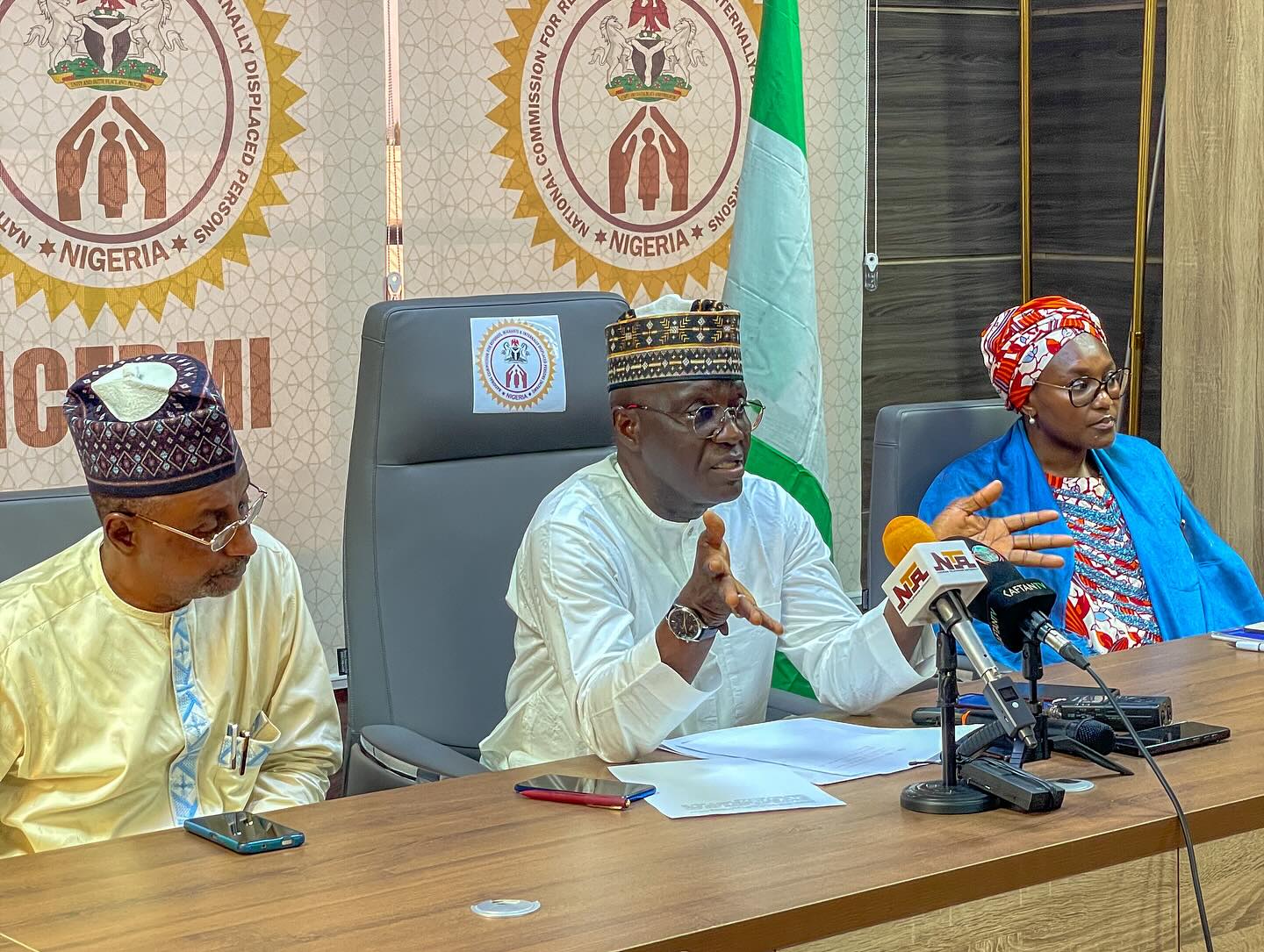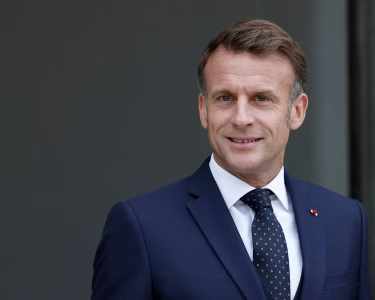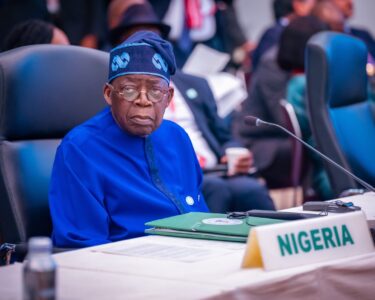Summary
NCFRMI Meeting in Abuja
Migration and Youth Development Forum Opens in Abuja
• Nigeria proposes bold migration reforms focused on youth empowerment and global competitiveness.
• Three new priorities unveiled: Youth Innovation Hubs, Migration-Ready Skills Frameworks, and a Joint Youth Mobility Fund.
• Diaspora contributions, digital education, and vocational training spotlighted as tools for transformation.
Abuja, Nigeria – May 13, 2025
As discussions intensify on the future of global mobility, Nigeria has reaffirmed its commitment to positioning youth at the heart of migration and development policy.
This was the resounding message delivered this morning by Honourable Federal Commissioner, Aliyu Tijani Ahmed, of the National Commission for Refugees, Migrants, and Internally Displaced Persons (NCFRMI), at the Opening Session on Migration and Youth Development, currently underway in Abuja.
Addressing a diverse audience of local and international stakeholders, Ahmed declared, “In a well-governed world, migration is not a crisis. It is a contribution to development — a bridge for knowledge, culture, labour, and resilience.”
With over 60% of Nigeria’s population under the age of 25, Ahmed emphasised that harnessing this demographic dividend requires more than words — it demands decisive, collaborative action.
“These young men and women carry within them the promise of innovation, resilience, and leadership. Yet, many remain on the margins of opportunity,” he said. “We are determined to change this.”
He cited several ongoing national initiatives, including the National Youth Investment Fund and the Empower the Digital Scheme for All, as pivotal in narrowing education and employment gaps.
More recently, the National Talent Export Program and expanded investments in Technical and Vocational Education and Training (TVET) have equipped thousands of Nigerian youth with globally competitive skills.
Ahmed’s address also touched on the significant economic and cultural impact of the Nigerian diaspora, noting that in 2022 alone, Nigerians abroad remitted $21.9 billion into the economy.
Beyond financial remittances, diaspora Nigerians are emerging as leaders in global arenas — from football fields to music stages and innovation hubs.
“Our diaspora is deeply woven into Nigeria’s story,” he said. “They are investors, innovators, and informal ambassadors of the values we hold dear.”
A particularly moving moment came when the Federal Commissioner shared the real-life journey of Ismail, a young boy who fled Libya with his family and became a street child in Kano.
Against the odds, Ismail found mentorship and education in Lagos, and today, he works as a software developer with an American company. “What changed his story?” Ahmed asked. “A simple bridge between education, training, and opportunity.”
As current Chair of the Rabat Process, Nigeria is proposing three forward-looking initiatives, designed to strengthen youth inclusion in migration systems across Africa and Europe:
- Youth Innovation Hubs: Safe, dynamic spaces where digital skills, entrepreneurship, and migration literacy can thrive, particularly in underserved and transit communities.
- Migration-Ready Skills Frameworks: A harmonised system to ensure African qualifications are globally recognised, supporting legal mobility and reducing irregular migration.
- Joint Youth Mobility and Innovation Fund: A co-funded initiative led by the EU, African Union, and private sector partners to scale education, seed youth-led startups, and support reintegration efforts.
Ahmed called on donor nations, development partners, and the private sector to join hands with Nigeria in turning this bold vision into reality.
“Let us match skills with global demands. Let us put young people in the room — not just as beneficiaries, but as co-creators of their own futures,” he urged.
As the summit continues, high-level discussions and breakout sessions are expected to address migration governance, skills recognition, diaspora engagement, and cross-border youth empowerment.
In closing, Ahmed offered a powerful reminder: “Empowering youth through education and innovation is not just a migration strategy. It is a peace strategy. It is a prosperity strategy. And it is a survival strategy — not only for Africa, but for the entire world.”
The forum, which is attracting wide participation from African and European delegates, continues for the next two days in Abuja. It promises not just robust dialogue but the forging of concrete partnerships aimed at shaping a more inclusive, secure, and opportunity-driven future for young people across borders.







